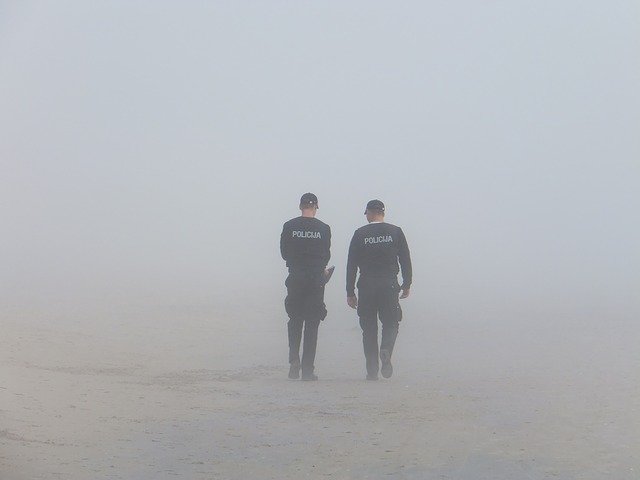One of the best kept secrets of modern life (…) is that police do not prevent crime.
The quote is from Police for the Future by the expert in criminal justice and policing David Bayley. The book was written more than 20 years ago, in 1996, but it is still of great actuality. In more recent times, in 2017, a study found that proactive policing “may inadvertently contribute to serious criminal activities”. A colleague of Hayley, Alex S. Vitale, wrote last week:
The alternative is not more money for police training programs, hardware or oversight. It is to dramatically shrink their function. We must demand that local politicians develop non-police solutions to the problems poor people face.
The culture behind a police system that lets individual cops feel entitled to be violent with citizens (“by chance” with those who are already discriminated), is the same that promotes digital surveillance as the solution to crime and social disadvantage. It is lazy (best case scenario), conservative or oppressive. It is power with impunity: it allows French deputy Eric Ciotti to present a bill to the National Assembly to forbid the diffusion of police images. It equates prevention with surveillance and normalises mass biometric surveillance of the everyday.
Covid-19 is creating a new paradigm of prevention. For example, there is poor evidence that thermal cameras can detect people affected by Covid-19. Nonetheless, the sector is thriving. Policing practices intersect with health ones through technology. New precedents for infringing liberty and self-determination in the public space are created in the name of public health. In the private sphere, policing informs the digitalisation of medical devices, turning them into “abusive technology”. I strongly recommend reading this eye-opening account of intimate oppression: the relationship between a person suffering from type 1 diabetes, and the machine controlling the level of insulin in her blood. The algorithm is supposed to keep her alive, but it wakens her up to five times per night to calibrate the pump, with severe sleep deprivation consequences:
Ultimately, I’ve come to believe that I am even “sleeping like a sensor” (that is, in shorter stretches that seem to mimic the device’s calibration patterns). Thanks to this new device, and its new algorithm, I have begun to feel a genuine fear of sleeping. As companies design the next generation of “smart” medical devices, the government must require them to more seriously consider the social, cultural, and psychological impacts of their inventions as potential risks. In this case, there is no point in fixing the body at the expense of degrading the mind. And, metaphorically, if you cannot sleep, you cannot dream. If we are to reimagine our algorithmic systems as responsible innovations that serve to support liberatory and just societies, we must have the capacity to dream.
